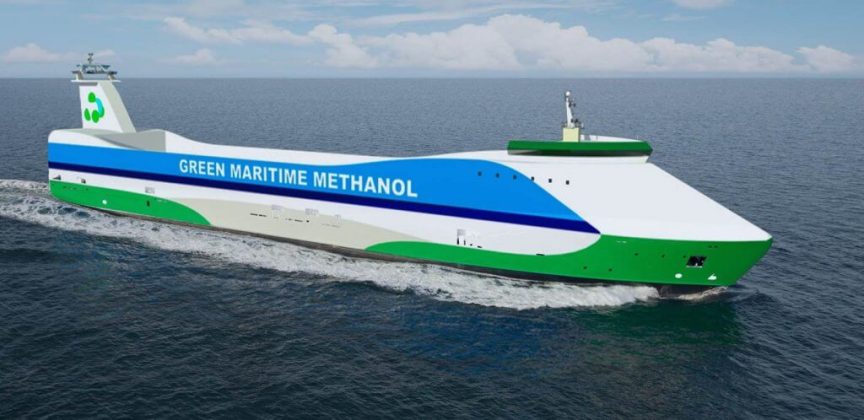Green Methanol

Sustainably produced methanol can play a significant role in decarbonizing the shipping industry and achieving the IMO’s objectives to reduce greenhouse gas emissions from the sector. Its compatibility with existing infrastructure, scalability, and safety make it a promising alternative to traditional fossil fuels.
- Reduced carbon emissions: Methanol can reduce greenhouse gas emissions from shipping by up to 15-20% compared to traditional fossil fuels. This is because sustainably produced methanol has a lower carbon intensity than conventional fuels like diesel or heavy fuel oil.
- Increased energy efficiency: Methanol has a higher energy density than many other low-carbon alternatives, such as hydrogen or batteries. This means that less fuel is needed to achieve the same amount of power, leading to improved energy efficiency and reduced emissions.
- Compatibility with existing infrastructure: Methanol can be used in existing internal combustion engines with only minor modifications, which makes it easier to implement as a marine fuel. It can also be transported and stored using existing infrastructure, reducing the need for costly new infrastructure investments.
- Scalability: Methanol can be produced at scale from a variety of feedstocks, including natural gas and captured carbon dioxide emissions. This means that it can be used to power small vessels, as well as large container ships and tankers.
- Safety: Methanol has a low toxicity and flammability compared to other fuels like liquefied natural gas (LNG) or hydrogen. It also has a lower risk of explosion, making it a safer option for use in the shipping industry.
